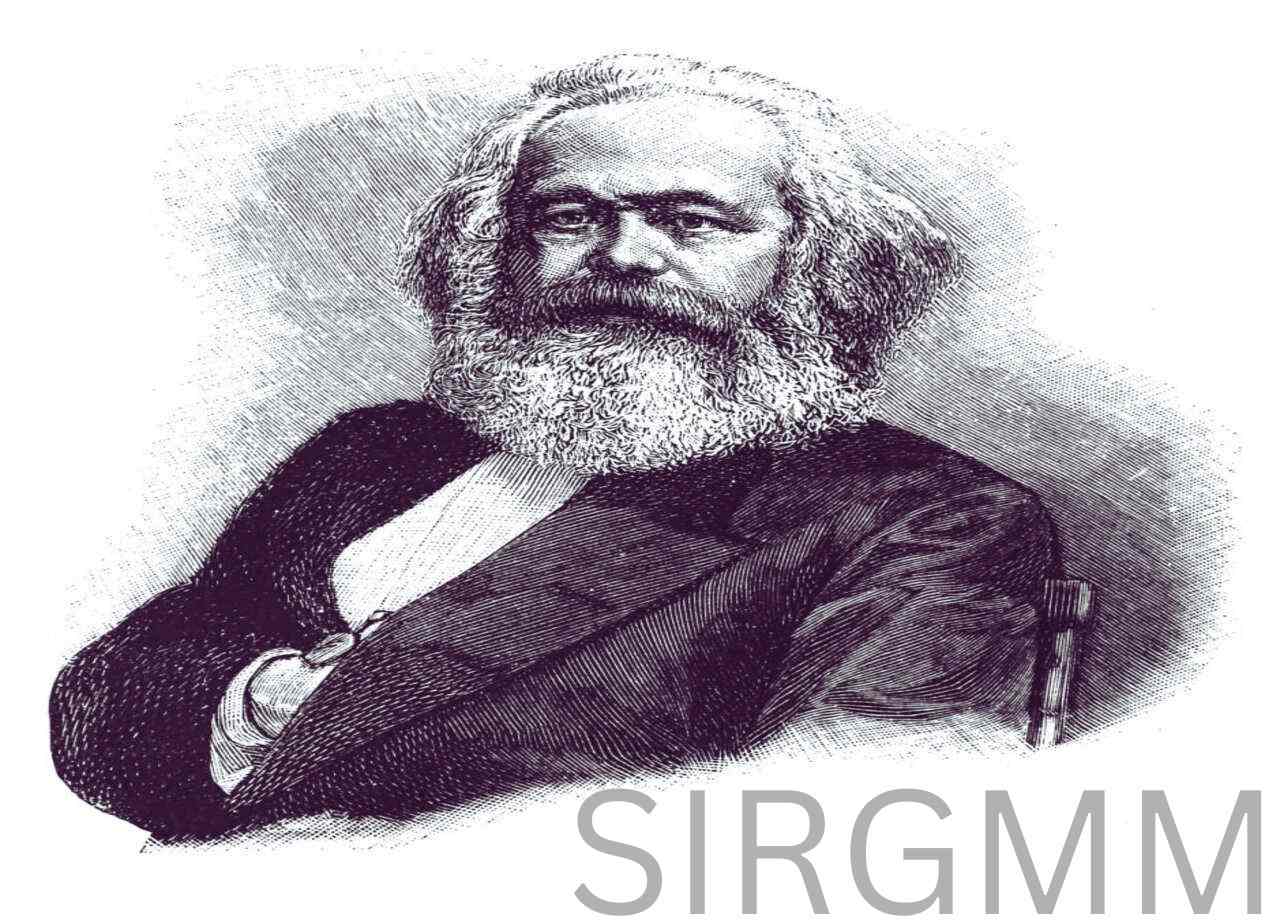Understanding the Foundation of Capitalism
Capitalism has a simple foundation. Whatever wealth a person has more than his personal use is capital. He can invest this capital whenever and however he wants. Then he will reinvest the profit and this process will never end. There is no natural limit to the assets, product sales, and profits of investors in this way. The capitalist is free to invest in every region of the world. This means that investor is free to invest anywhere in the world and earn as much as he/she can.
Capitalists believe that it is a moral and legal right of a man to build private property. While the state must protect these individual rights including the right to own capital. All multinational companies like Coca-Cola, Google, Samsung, etc., are based on these principles. These companies reinvest their profits and make more profit from this reinvestment. They make products, advertise and sell them and then make new products from their profits.
Understanding Karl Marx's Critique of Capitalism and Exploitation of the Working Class
Thus it is a circle in which the whole capitalist society revolves. Supporters of capitalism say that this process helps reduce joblessness. Suppose that the profit of a landowner, a cloth maker, or a shoemaker exceeds his own needs. In that case, the person will hire more employees to increase his profits thus creating more jobs for the jobless. Thus the profits of business people would create common prosperity in society. But Karl Marx rejected the idea of capitalism. He believed that capitalists exploited the working class for more profits.
He said that a capitalist only bought raw materials. But it was the worker who transformed it into a valuable product. These products have more value than the original raw material. According to Karl Marx, this increased price was the surplus value that was the right of the worker. He did not consider it the right of the capitalist class.
But in capitalism, the surplus value belonged to the owners, not the workers. Thus the capitalists exploited the poor and became richer while the common man became poorer. All products were considered the creation of the owner and not the worker.
Understanding Karl Marx's Theory of Alienation and the Need for a Workers' Government
That’s why the worker considered his labor a burden. Marx called this phenomenon ‘alienation.’ It is also called the theory of alienation. Marx wanted to end the system which was exploiting the workers and alienating them from their labor. This was possible only if the capitalist system was replaced by a working-class government. But the biggest question here was how to form such a government.
Marx concluded that a peaceful change of government was not possible in a capitalist society. He declared that democracy was not the solution to this problem. He even ridiculed democracy. He said that in democracy, the oppressed class chose their oppressors themselves. Karl Marx believed that religion was also a weapon of the capitalists which they used to crush the oppressed classes. Religion told the people to accept their sufferings as their destiny. Because one day the God Almighty would give justice to everyone.


1 thought on “Who was Karl Marx | Part 9”